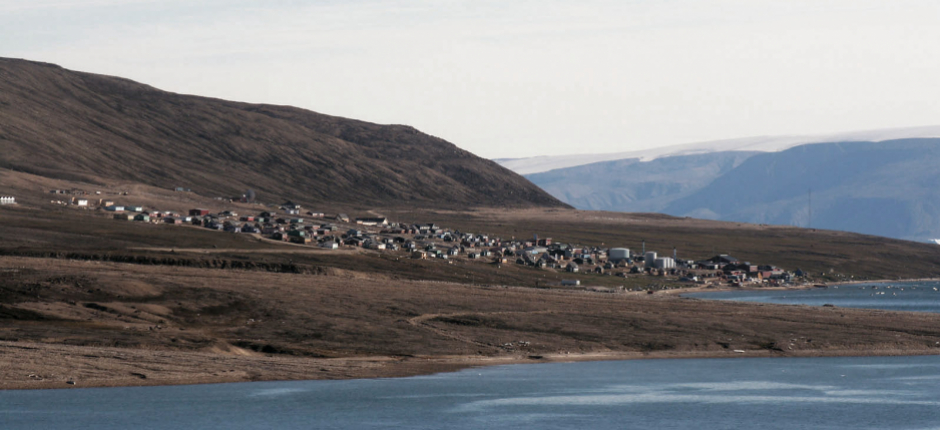Remote settlements in Greenland have a future, but they cannot make it alone

The future for Greenland’s remote settlements depends in large part on the ability of residents to work with regional and national officials to develop the commercial activities available to them, representatives from some of the country’s smallest communities were told during a recent two-day meeting in Nuuk.
For many communities, economic resources, typically in the form of fish, minerals or location as a tourism destination, are present. But local knowledge of those resources must be combined with the proper infrastructure and a business plan if they are to support growth and the employment that will secure their survival in the long term, according to Kåre Hendriksen, a Danish academic.
Qaanaaq, population 600, is an example. Traditionally, its residents make a living as hunters but, in recent years, fishing has become an increasingly important activity. The town has a processing plant that can support further growth, but, in order for the industry to begin creating jobs on a wider scale, the supporting infrastructure must be improved. For example, there is only enough water to for the plant to operate eight months a year.
Settlements that have the right combination of resources and infrastructure are rare, but they show what is possible: the residents of Innaarsuit, population 160, have the country’s third-highest per capita income. (Nuuk, the capital, with a population 15,000, is first. Kangerlussuaq the site of the main airport, and a population of 500, is second.)
Like many other settlements, fishing is the primary commercial activity in Innaarsuit. Its advantage is the presence of a fish auction, which gives fishermen an easy way to sell their catch, as well as providing on-shore employment. During the past 20 years, the settlement’s population has grown by half, buoyed by the healthy economy.
No all communities have something going for them, however. In places where where economic development is unlikely, the best option, Hendriksen suggests, would be for residents to relocate.
Such suggestions do not sit well with some settlement residents. Instead, they argue that it is necessary to ensure that political decision-makers and businesses do not write them off simply because they are remote.
Out of sight, they believe, is not out time.